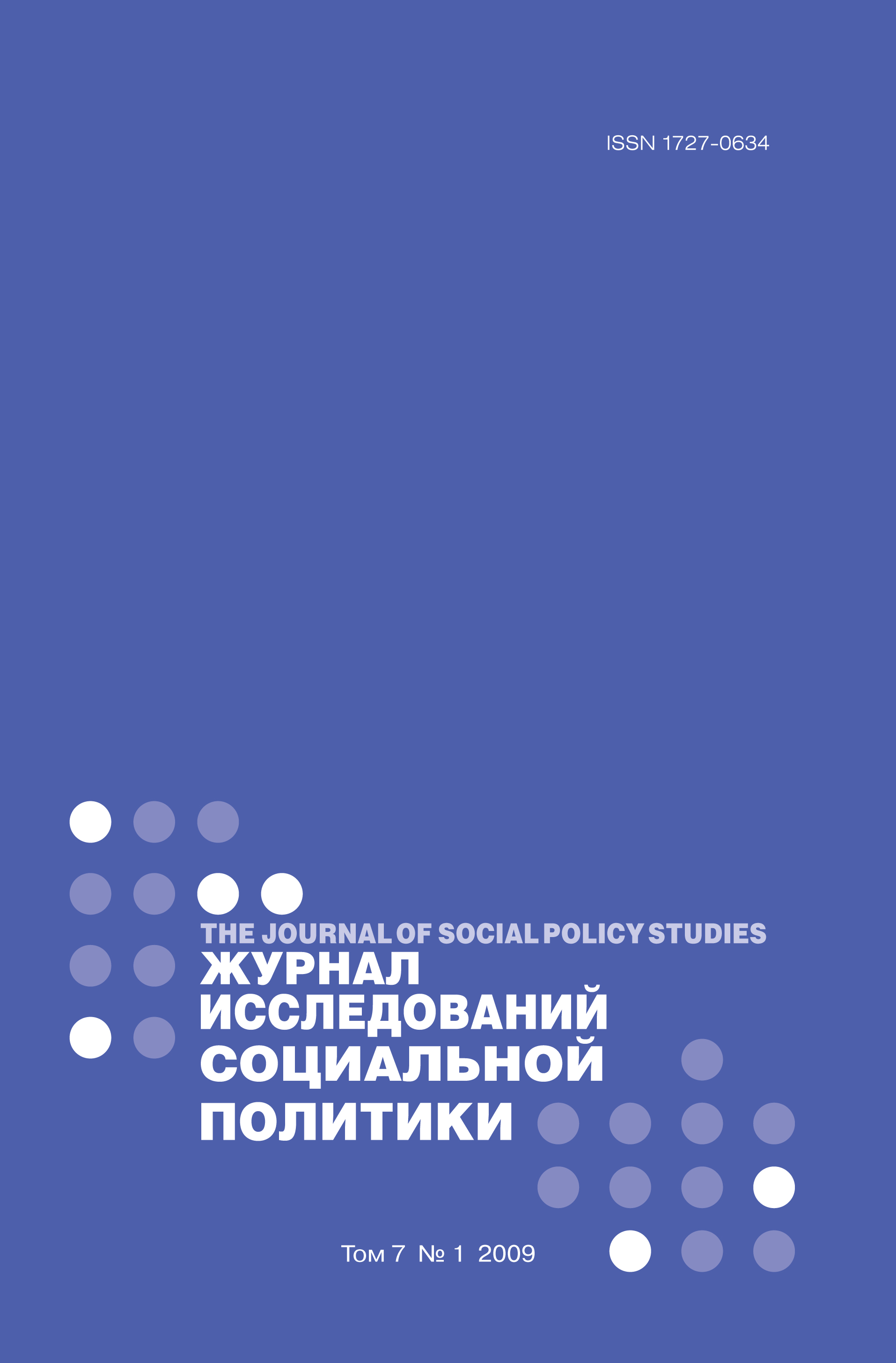State Management and Social Priorities in the Sphere of Cultural Policy in the Russian Federation
Abstract
The past twenty years in the Russian Federation have seen enormous socio-economic and political change, all of which has not left cultural policy in the country unchanged. In the transition to a market economy and new, more democratic political system there has been new modification to cultural policy, which can no longer be viewed simply as an area of state patronage. The Soviet heritage was for the state to take full responsibility for the preservation of the Arts as a ‘national treasure’ and use it to help justify its rule. What this article aims to highlight is the transition of the role of the state to that of a ‘partner’ rather than ‘patron’. In essence, this entails recognition of the socio-economic and regional differences that make a unified cultural policy difficult for a country such as Russia. This is done by an analysis of changes in State policy over the 2000’s and its results on the ground. It becomes clear that underfunding and underuse of cultural facilities plague much of the country and that its cultural policy has failed to create a common cultural space, accessible to even a majority of citizens. Modern cultural policy demands the interaction of many actors to create a serious plan of action for future cultural development. Russian cultural policy is behind other nations in the process of adaptation to market forces and many cultural bodies are forced to follow any strategy of survival they can find. The challenge remains to rework cultural policy to meet the challenges of satisfying public demand for new cultural products through innovation and regional regeneration. It also means coping with strict demands of economic profitability. Above all, the Russian state must embrace the role of intermediate or the coordinator that brings the various responsible actors to the table to implement a coherent cultural policy.















